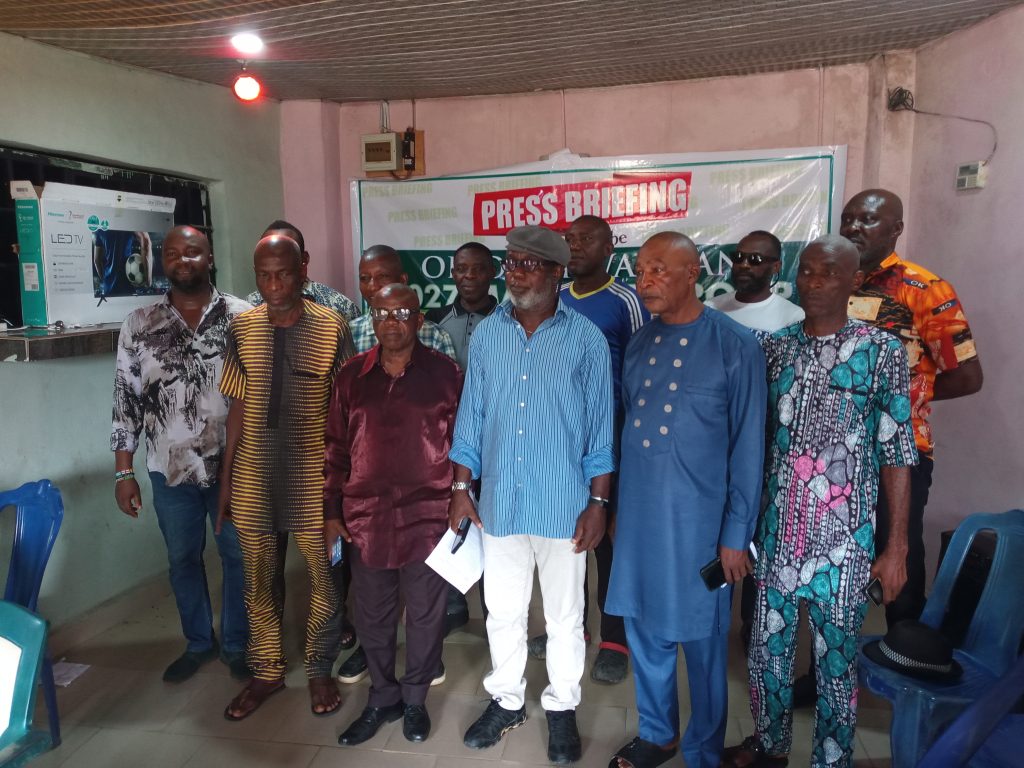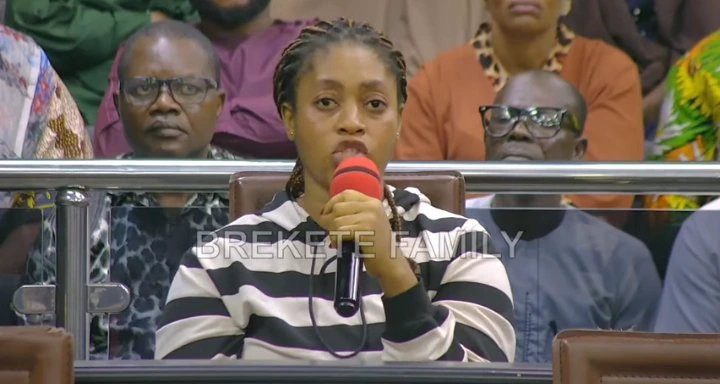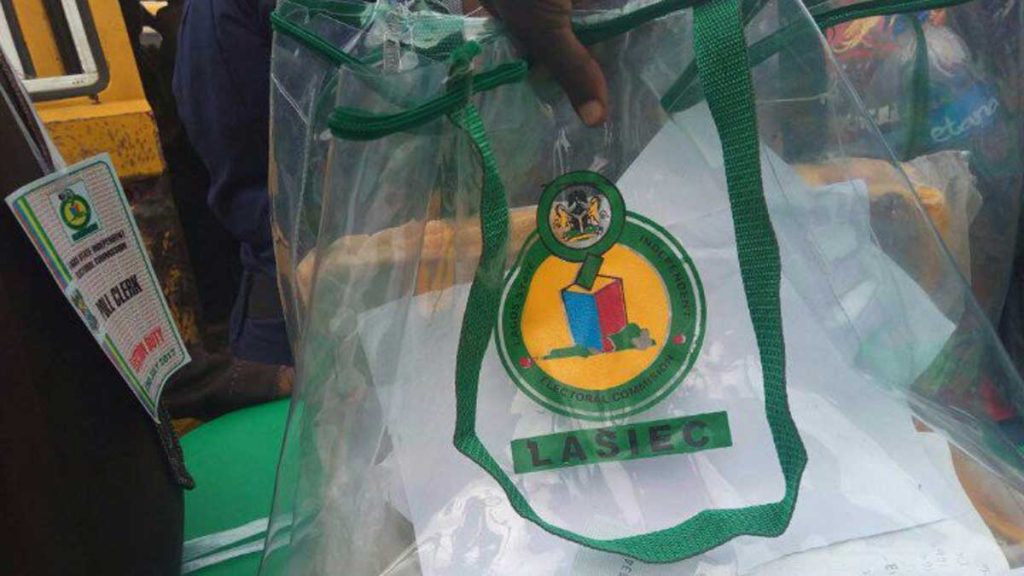Health
Coca-cola, others may raise price after sugar tax increment proposal in Nigeria

Unless the new proposal is halted, prices of sweetened beverages like Coke (popular soda) and others may increase by as much as N130 if proposals from Corporate Accountability and Public Participation Africa (CAPPA) is anything to go by.
A 50cl of coca-cola costs N300 in Nigerian market.
If the proposal sails through, consumers may need to pay as much as N430 a bottle of the beverage by implication.
CAPPA says that At just N10, sugar tax, measured as Sugar Sweetened Beverages, SSB, is largely unsustainable for the country in the areas of sustainable revenue drive and general health of the public.
Health authorities in the West African country are worried over unchecked SSB consumption.
Increased incidents of dental cavities, tooth decay and obesity has been linked to unrestrained consumption of SSB by the country’s health authorities.
According to Dr. Chukwuma Anyaike Director Public Health Department, Federal Ministry of Health him, obesity is in turn a risk factor for the development of type 2 diabetes mellitus, heart disease, stroke and hypertension, SSB consumption has also been linked to some forms of cancer.
“An estimated 38.6 million litres of soft drink are sold daily in Nigeria, making it the 4th highest soft drink consuming country in the world.
“The drinks are marketed in such a way that customers believe that they get better value when they buy the biggest bottles of soft drink, leading to over consumption.
Of particular concern is the trend of over consumption among Nigerian adolescent which can lead to childhood obesity and negative health consequences in adulthood,” Dr Anyaike said.
For better result in achieving significant drop in consumption of SSB with its corresponding benefit in decrease in associated diseases, the tax rate should be raised to a minimum of N130 per Litre, up from N10 per Litre, according to
CAPPA made this known recently in Abuja, Nigeria’s capital, at the public presentation and launch of simulation study of the research results.
The research title, ‘Potential Fiscal and Public Health Effects of Sugar-sweetened Beverage Tax in Nigeria’ was done CAPPA in collaboration with Federal Ministry of Health and Social Welfare, Global Health Advocacy Incubator, (GHAI), Centre for the Study of the Economies of Africa, (CSEA), and Gatefield among others.
According to Akinbode Oluwafemi, the Executive Director of CAPPA, going by the current inflation rate, the N10 per litre imposed on SSBs in 2021 is today possibly worthless than 4kobo because it was a fixed tax, not adjustable to inflation.
“In essence, the SSB tax needs to be increased Significantly in the 2024 Fiscal Act, with a framework that is adjustable to inflation as we also begin the conversation about earmarking the tax or a sizeable portion of it for public health.
“While I will not preempt the discussion of the research team, the findings of this study have shown that a minimum of N130/Litre, we will see a significant drop in consumption and a decrease in Nigeria’s consumption fueled diseases. I am further convinced that this document provides the government, including the executive and lawmakers, the much-needed data to pursue this policy pathway to a logical conclusion for the benefit of all” he said.
Joy Amafah, the Nigerian Coordinator, Food Policy Programme, GHAI in her remarks, expressed hope that the study will be useful to everyone in addressing health concerns around excessive consumption of SSBs,
“At GHAI, we are hopeful that the report from this study will be useful to everyone in addressing health concerns around excessive consumption of SSBs, the decision makers, advocates, consumers, and the media.
“We are also hopeful that findings from this simulation study will reinforce the voices of advocates calling for an upward review of the current N10/litre tax on SSBs given the health impact of SSB taxes in reducing deaths and diseases caused from excessive consumption of SSBs, the economic impact in generating revenues for the country that can be earmarked into the health sector, and a triple benefit of reducing the burden on the healthcare system,” Amafah said.
GHAI is also hopeful that the report will reinforce the need for a sustainable legal framework in Nigeria on SSB taxes such that advocates and the public are not left with the burden of constantly advocating for the sustenance of the tax, providing justifications during the annual review of the budget and finance act.
For Diaspora Digital Media Updates click on Whatsapp, or Telegram. For eyewitness accounts/ reports/ articles, write to: citizenreports@diasporadigitalmedia.com. Follow us on X (Fomerly Twitter) or Facebook











